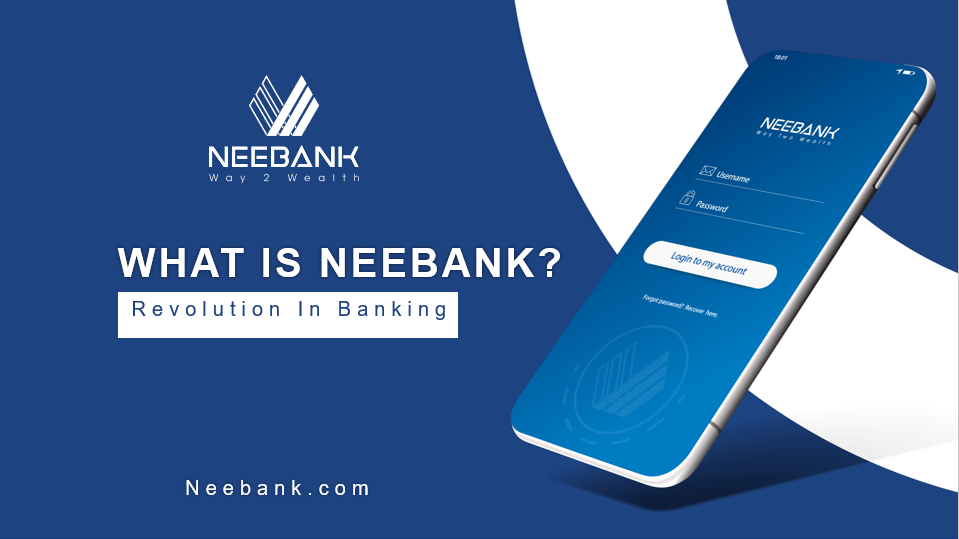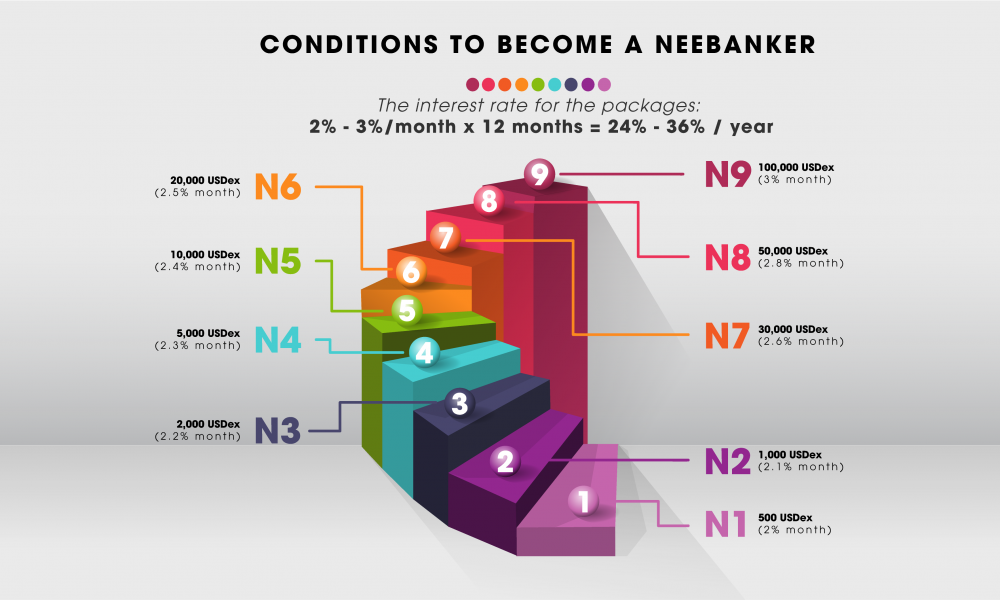
Bitcoin is used in payments in UK Digital Bank Ziglu
On September 7, the Financial Regulatory Authority of the UK authorized and recognized the Ziglu digital bank as the Electronic Money Organization (EMI). After receiving the license, the bank operating in the financial and technology sector with this completely online mode immediately launched peer-to-peer (P2P) payments for both cryptocurrencies and fiat currencies.
Ziglu founder and chief executive officer Mark Hipperson said the EMI license allows the company to issue electronic money (e-money) and provide payment services. Permits were issued on September 1, more than a year from the first application. It also requires the company to adhere to strict anti-money laundering rules.
In addition to the pound, the digital bank will include cryptocurrencies such as bitcoin (BTC), bitcoin cash (BCH), ethereum (ETH), and litecoin (LTC) into its financial services. This means that Ziglu app users can now make peer-to-peer payments over the network or to other UK banks, using supported currencies.

“Paying people must be fast, free, and easy regardless of their location or currency, whether it’s breaking down your Airbnb costs or sending bitcoin birthday gifts,” Hipperson emphasized in An announcement.
Only launched in June this year, but startup Ziglu raised £ 5.25 million ($ 6.93 million) in its first round of funding, ostensibly “to provide transparent access. and simply into electronic money ”. The company said the total digital assets covered before the cyberattacks amounted to a value of £ 50,000 ($ 66,000), with a commission fee of 1.25% on all transaction operations.
Hipperson says the number of Ziglu app users currently fluctuates within “a few thousand … but I’m targeting a hundred million customers in the next six or seven years,” according to an industry publication. The company is also planning to unveil its crypto-enabled Mastercard debit card for three weeks while preparing to expand to Europe and the US in early 2021, the report said.
Crypto-oriented banks have steadily increased in number in recent years, accelerating filling the void by servicing an industry that traditional banks have long shied away from.
 Why Should Businesses Accept Money 4.0 Now?
Why Should Businesses Accept Money 4.0 Now?





